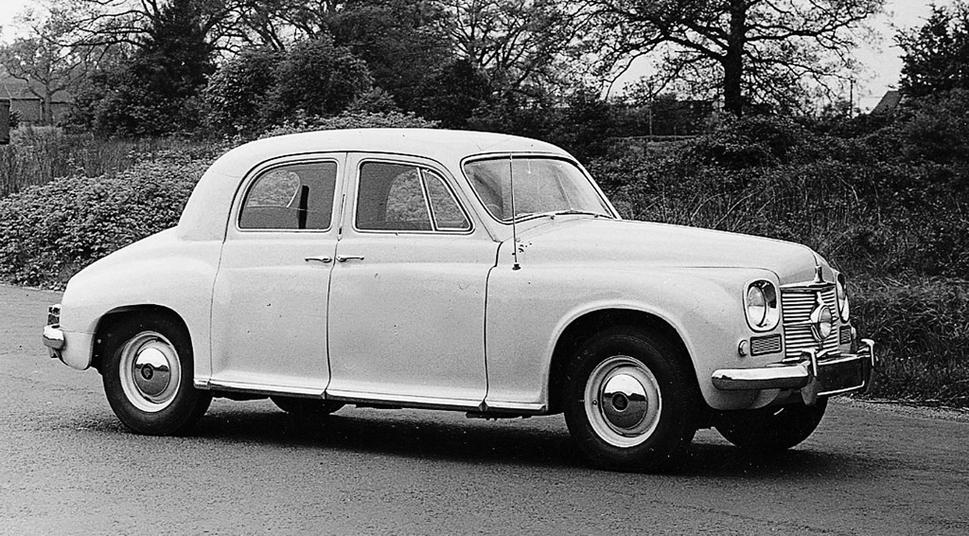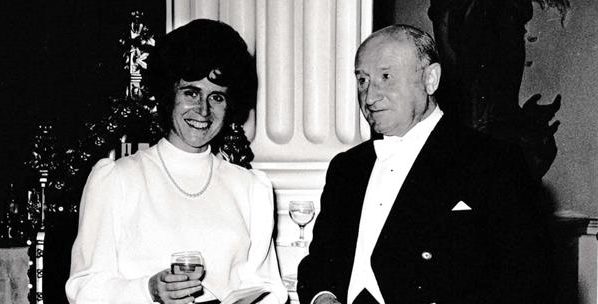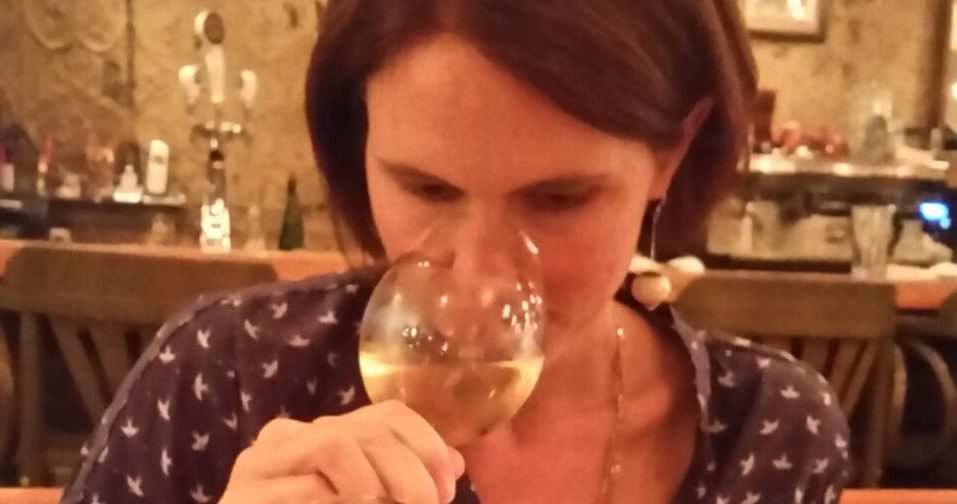Photo credit: www.classicandperformancecar.com
My grandfather Frank Egan was a wine merchant in London many years ago. It was a gentler time, so my mother would have me believe. A time where the answering of letters, dictating of future correspondence and tasting of wines would take place in the morning, thus leaving gentlemen free to enjoy a long lunch and retire to their clubs for the afternoon. Regular “breakage” would keep the house well stocked in vintage Champagne, which served nicely as a little apéritif to enjoy in the bath before supper.
The only wine regions that really mattered could be rattled off in short order: Burgundy, Bordeaux, Champagne, the Mosel Valley, Porto and Sherry. This narrow focus allowed educated tasters to become highly proficient in the myriad lieux-dits, individual producers and specific vintage traits of each area. Wines were assigned a personality rather than described with a laundry list of aromas. Frank liked to compare his wines to women or racehorses. To him, this visual imagery aptly conveyed the rounded, voluptuous charm of a warm vintage Vosne-Romanée or the taut, powerful muscle of a young Pauillac.
When visiting his growers, Frank would make two appointments a day, thus allowing for lunch with one and dinner with the other. He was driven by chauffeur so as to properly honour the excellent wines of his gracious hosts. Day time attire consisted of pin striped suits and a bowler hat when in the city, and evening events invariably called for black tie.
In today’s fast paced, global wine industry such a leisurely rhythm seems unfathomable. But what would Frank make of us were he suddenly catapulted sixty-odd years into the future?
Though I only knew him through stories and photos, I can imagine him sitting in some trendy wine bar, staring agape at the tattooed, beardy sommelier, repeating the words ‘Nerello Mascalese?’ with a puzzled air. I can just see him wandering the aisles of a big box store marvelling at the quantity of ‘SKUs’, at the labelling by grape variety, and the vast number of wine producing regions. Fine wines in screw cap? From New Zealand?
The frenetic pace of wine retailing in this social media age would surely baffle him. And he might feel as though he had stepped into the pages of a sensationalist science fiction pulp, observing the use of GPS, sensors, probes and drones in the vineyards.
However, in terms of small-scale, fine winemaking, he would likely find himself back on familiar ground; much more so than if his time travelling Rover had dropped him in nineteen eighty. For the pendulum swung from tradition to innovation to such a violent degree with the embracing of mechanization, chemical weed and pesticide controls and so forth, that we are now seeing the inevitable counter movement.
Conscientious, quality-minded growers are increasingly organic (or in the process of conversion). They focus on canopy management techniques and decreasing irrigation frequency. In the cellar, spontaneous fermentation with indigenous yeasts, partial or whole cluster fermentation, and the absence of fining or filtration are all the rage for many a premium, artisanal winemaker. Were Frank to hear an estate manager proudly detail these exacting methods, he may scratch his head. He would likely think to himself, well yes, those are fairly standard procedures, what’s this chap so excited about?
If he were to taste the sought-after wines of today, fashioned in the post-Parker age of restraint, purity and freshness, he may not even find that his beloved Burgundies taste all that different. They are certainly a little riper and fleshier, potentially with silkier tannins, but recognizable all the same.
After the excitement of his incredible journey, it would be understandable if Frank hurried back to nineteen fifty to settle his nerves with a wee dram with his cronies. Yet perhaps I underestimate my progenitor… He may have been the kind of intrepid fellow that, once launched on the path of adventure, could not resist his curiosity. Turning the Rover’s dials to twenty eighty, what might he discover?
Touching down in Bordeaux mid-summer, he might feel the need to take off his blazer, and even roll up his sleeves. According to climate change focused researchers at the Institut de la science de la vigne et du vin, Bordeaux weather may more closely resemble that of coastal Portugal in as little as twenty to thirty years. Examining the back label of a fine claret, he might find the late ripening Tinto Cao grape listed along side Cabernet and Merlot.
Will Champagne make only red wines, and the finest bubblies hail from England and Tasmania? Will Frank find Napa and Barossa Valley vineyards all but abandoned? With the sheer size and massive ambition of China, the twenty eighty equivalent to supermarket shelves could well be dominated by the descendants of Great Wall and Changyu.
Perhaps he will stumble upon a post-apocalyptic scenario with massive swathes of vineyards lost to virulent parasite epidemics. By then, the disease resistant, cold hearty Regent hybrid and others of its ilk could conceivably be household names.
Alas, it is time to bring this time travel reverie to a close. Frank Egan must meekly step back into the black and white photos I cherish, nosing a selection of vintage Port. Though day dreams of him pushing on, increasingly poleward and higher in altitude, in search of the finest crus, will linger in my thoughts and drive me forward.
Photo: Frank Egan & daughter Hazel, Guildhall tasting circa 1960.



